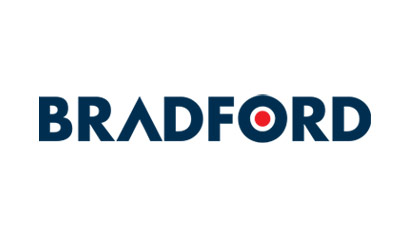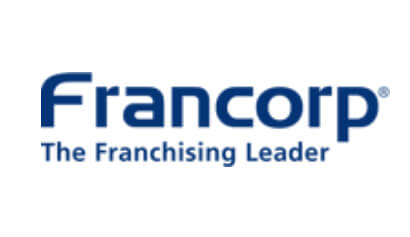To get access to over 10000+ Franchise Business Opportunities.
Network with the growing Business Community to get expert interventions to let you learn to Grow & Expand your Business with Franchising.
Can I franchise my business? What is required to be done to franchise my business? I have a good business running, is my business franchisable? Let`s delve into the answers to these questions that are the commonest to be put before any franchise expert at
People buy a franchisee for three main reasons—the brand, which creates a strong pull factor for getting a good customer base; well designed, established, proven systems and processes, so as to run the business smoothly; and to have a scalable and profitable business model.
I now presume that a company which wants to go in for franchising has a proven business or business concept. The next step is to work on the qualitative and quantitative fundamentals of the franchise business.
Qualitative factors
Also described as business beliefs, they usually consist of vision, mission, core values and business strategies of the organisation. In running businesses, companies usually have all of the above in a written form. If not, then it is essential that the senior management and promoters should sit together, discuss and debate an organisation`s vision, mission and core values first.
For organisations that have them, they need to be re-looked at and reassessed, so as to check if the same is relevant for the current environment and strategy, since the decision to franchising the business is a major shift in the mindset of the organisation, its founders, its management and its employees.
The next step is to decide the business strategy of the organisation. What I am suggesting is adaptation of the classical Ps of marketing—Product and services strategy: the organisation needs to decide which of its existing/new products and services need to be franchised; Positioning and branding strategy: the positioning of the product/service needs to be debated, researched for market gaps/customer segments; Place and distribution strategy: the next decision to be taken is about how to phase the expansion plan and to decide the areas to operate in; Price strategy: a crucial decision to be taken is how to price the product/services; and People and organisation strategy: based on all the above strategies, decisions need to be taken on the organisational structure to be followed, the business and support departments to be made, and the skills and types of people to be recruited or assigned.
Quantitative factors
We will now move to the quantitative fundamentals or factors which an organisation needs to decide before franchising the business. We usually consider the following areas—Business goals: the management needs to take decisions on the business goals of the organisation and also decide the broad time frame to achieve them; Investments for the business: the organisation needs to take a call on the investments it is willing to make for achieving the business goals; Business plans: the final step in planning is making specific business plans for the venture. They include revenues, profitability, sales plans, marketing plans, etc. In short, put specifics to all the elements of the business strategy.
Hence, an organisation which is deciding to become a franchise organisation needs to do the homework on the above lines and document the same. The next step would be to do a test market for the concept and business model. Based on the inputs, the system and model needs to be fine tuned. I now believe that the organisation is ready to start executing the plan for franchising.


Business Opportunities
Browse By Investment Range
Browse By States
Popular Cities















